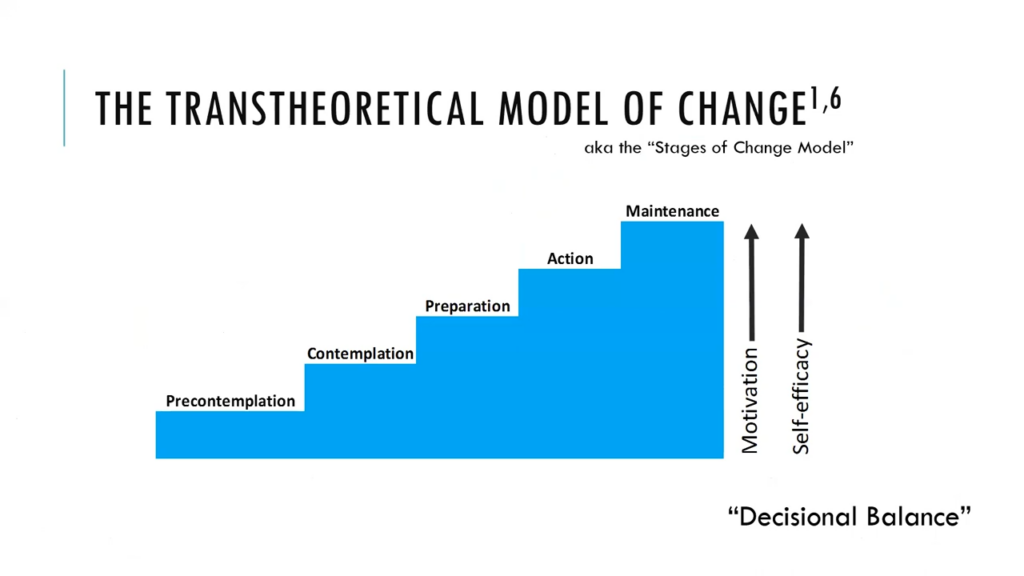We would like to introduce you to Motivational Interviewing, a counselling technique used by psychosocial and health professionals to promote changes in health behaviours that allow the population to reduce risk behaviours harmful to health and initiate a healthy lifestyle that has a positive impact on health.
Among the objectives of HORUS is to address the risk factors of Non-Communicable Diseases, especially Type 2 Diabetes Mellitus and Cardiovascular Diseases. To this end, interventions will be designed and implemented from a person-centred approach based on respect and empowerment of the person to guide them through a reflective process to resolve ambivalence to change. In this sense, Motivational Interviewing has proven to be an effective therapeutic technique to increase readiness to change by helping individuals explore and resolve ambivalence to change by employing techniques such as open-ended questions, reflective and empathic listening, affirmation and summarising, to resolve ambivalence and foster the patient’s intrinsic motivation to initiate and maintain a change towards healthy lifestyles.
Motivational interviewing, unlike other techniques, relies on negotiation and collaboration rather than conflict to help individuals express their concerns and motivations for change, assessing the pros and cons of their current behaviours and presenting options that are associated with optimal health outcomes.
Motivational Interviewing (MI) is complemented by Prochaska and DiClemente’s transtheoretical model of change (TTM), which describes change as a dynamic, multi-stage process that identifies which stage the patient is in, based on their perception of the need to change and their willingness to initiate and sustain change. Integrating these two approaches allows practitioners to use the interview to address the differences between pre-contemplative and change-resistant patients, with the aim of reaching a stage where the patient is aware of the need to change and is ready to initiate and sustain change.
Evidence confirms that Motivational Interviewing is useful for the promotion of physical activity, weight loss, reduction of risk behaviours such as alcohol, tobacco or other toxic substances, adherence to medication, etc.
The following video will help you to easily understand the complementarity of both approaches: Motivational Interviewing and the transtheoretical model:
If you want to know more about the effectiveness of the application of Motivational Interviewing and the Transtheoretical Model for the improvement of health in different contexts, do not hesitate to visit the following scientific studies:
- https://onlinelibrary.wiley.com/doi/full/10.1111/ijn.12742
- https://www.sciencedirect.com/science/article/pii/S0738399108000207
- https://journals.lww.com/jaanp/abstract/2010/12000/improving_cardiovascular_health_with_motivational.4.aspx
- https://journals.lww.com/inpj/fulltext/2019/28010/application_of_transtheoretical_model_in.24.aspx
- https://journals.lww.com/nursingresearchonline/fulltext/2007/01000/Exercise_reduces_daily_fatigue_in_women_with.00003.aspx


